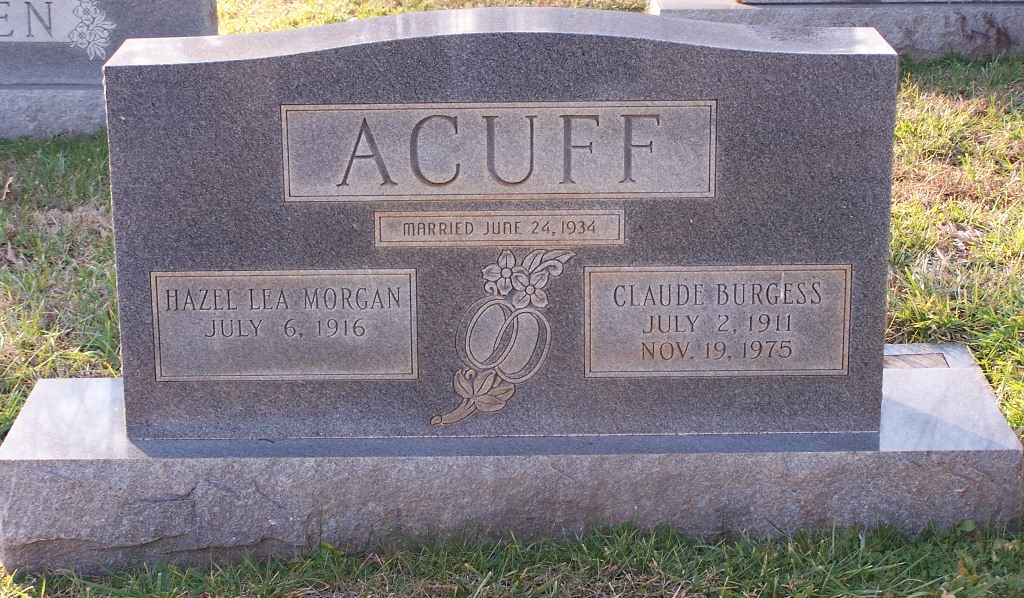I have been working on my family history ever since grade school. We were assigned a family tree project, and I can remember drawing my own four-generation pedigree charts on sheets of quadrille paper. Most of my information was directly cribbed from some old copies of compiled charts that my father was given at some point - nothing more, really, than names, dates, and places. Regardless, I was hooked.
Twenty-five years later, I have moved from a handful of hand-drawn charts to boxes, binders, and megabytes of data, some analyzed but most still raw facts of births, marriages, and deaths. I can trace my lineage back to colonial Virginia, Pennsylvania, and Massachusetts, but much of the information has no story to it; it's just names, dates, and places. You could say that my family tree stretches for a long way back into history and is fairly wide with cousins and collateral branches, but it's just two-dimensional - there's no depth to it.
A couple years ago, I started to question the worth of genealogy all together. I only worked on it sporadically, and when I did it totally consumed me for a couple weeks at a time. And what did I have to show for it? All of the birthplaces and death dates for every generation since the Battle of Hastings couldn't even answer the most basic of questions for me: who was my grandfather?
 |
| My Grandparents' Headstone |
The realization that I didn't know who my grandfather really was led to a momentous decision for my genealogical work. Before I spent more time and resources delving further into the past, seeking out European connections and sussing out colonial-era records, I would devote my energy to telling the stories of my family, starting with anyone who lived during the twentieth century. Thus began my quest to develop narrative genealogies: family histories in story form.
I wasn't able to find much guidance on writing genealogy as stories, not just annotated lists of names. There are plenty of resources on both sides of the equation, but woefully little on bringing them together. That's where this blog, and you, come in to the picture. My intention here is to share, as I figure it out along the way, how to storify your unique family history. As we go, let's share together our struggles and triumphs, our vignettes and research tips.
Feel free to settle in and introduce yourself in the comments below. Who are you, and who are "your people"? Where are you from? How long have you been pursuing genealogy? Have you ever "translated" your pedigree charts and family group sheets into something more readable by non-genies? What are you hoping to pick up from this blog?
No comments:
Post a Comment